The transport secretary, Louise Haigh, has revealed a new ‘people-first’ approach to transport, in a speech to metro mayors, council leaders and transport bodies in Leeds.
She was outlining her vision for a new Integrated National Transport Strategy, the first in a quarter of a century.
Recognising that different passengers have different needs, and the quality of transport varies across the country, it will set out how Government can support local areas to make all forms of transport work together better, with a vision for how transport across England can evolve over the next 10 years.
The transport secretary has looked to Dijon for inspiration, having visited it earlier this year to see how a city roughly the size of York, or Chester, is running buses every five minutes in rush hour, the tram every three and has a dial-a-ride service to the outlying villages.
Dijon has created a single app that brings together every mode of transport – from bus to tram, car hire to bike hire, planning journeys to paying for parking.
Haigh said: “Integrated transport in this country is lagging behind our European counterparts, and for too long our fragmented transport networks have stunted economic growth and made it harder for people to get around.
“I’m launching a new national vision of transport that seamlessly joins all modes of transport together and puts people at the heart of our transport system.
“I want everyone to be able to contribute to this vision and have launched a call for ideas on how the strategy can best deliver greater opportunity, healthier communities and better lives.”
Regional roadshows will be hosted around the country to hear more from local leaders, transport operators and passenger bodies, as well as taking feedback from the public, to hear how to best deliver integrated transport.
Tracy Brabin, Mayor of West Yorkshire, said: “A better integrated public transport system is vital to growing our economy.
“In West Yorkshire, I have big plans for a world-leading mass transit system that will be fully integrated with railways and a publicly controlled bus network, helping people to access new jobs and opportunities across the region.
“The secretary of state’s new Integrated National Transport Strategy will support me and other mayors to deliver on our ambition for better-connected and faster growing regions.”
To oversee this new vision, the department will be recruiting a new Integrated Transport Commissioner to help deliver change.
Declan Pang, director of public affairs and policy at the Road Haulage Association (RHA), said: “We look forward to working with the new Government on the development of the Integrated National Transport Strategy to ensure the needs of road freight, van and coach operators are included.
“Reliable, predictable and efficient journeys for freight and coach drivers are key for economic growth and productivity – we need to ensure our roads are better maintained and have the capacity to reduce congestion.”
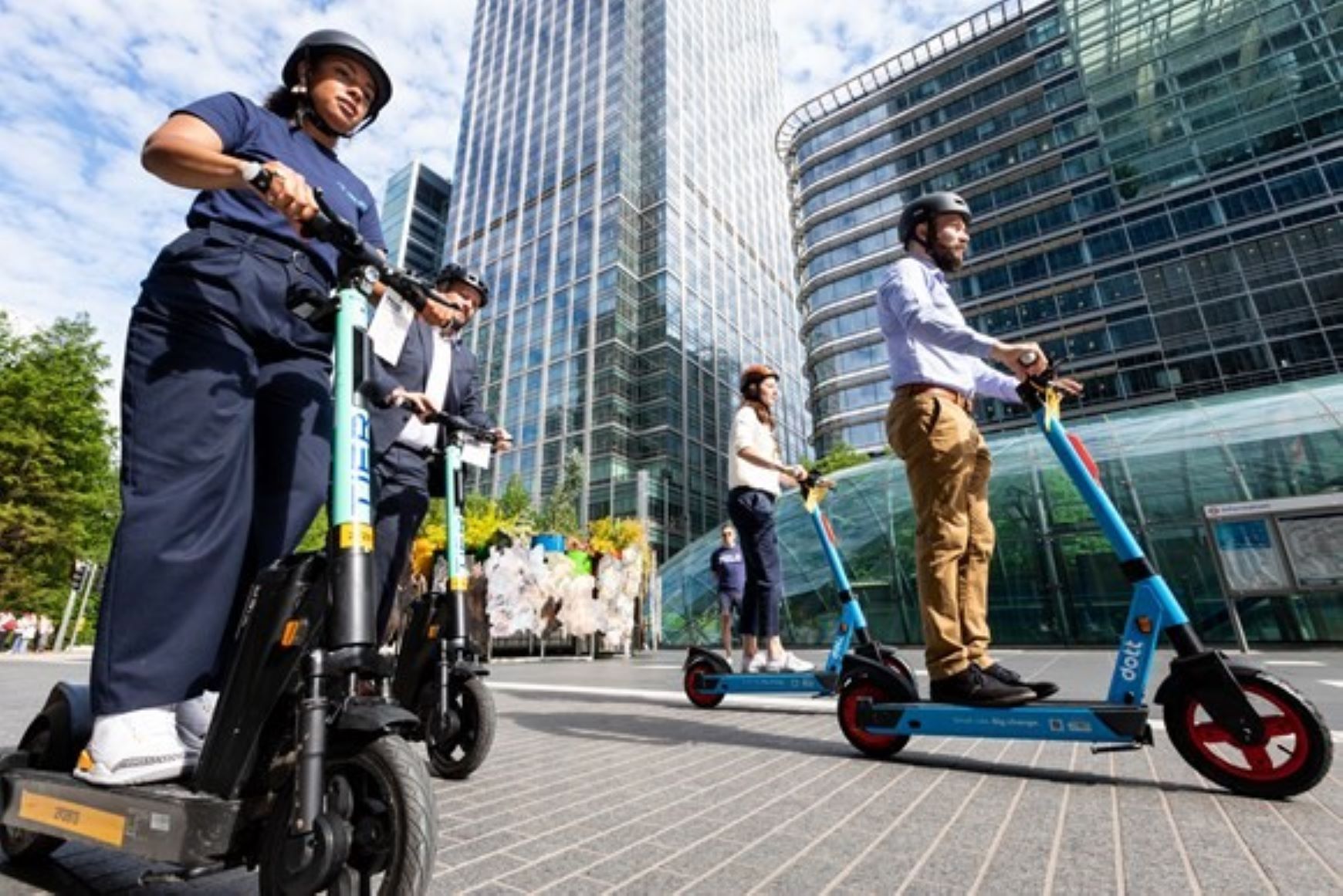
The Department for Transport (DfT) is also reforming its appraisal system, with the aim of projects delivering good value for money as well as the right outcomes.
They include giving sufficient weight to transport projects that enhance access to jobs, boost productivity, and help businesses grow, particularly in less affluent areas, said the DfT.
To support this, an internal panel of experts are also reviewing the department’s capital spend portfolio, to drive better economic outcomes in the transport system.
James Lancaster, chair of the Urban Mobility Partnership, welcomed the DfT's call for evidence to shape a unified national vision for transport which builds upon the progress made in recent years through programmes like the Future Transport Zones.
He added: “We look forward to working constructively with the secretary of state and her team to deliver an integrated transport strategy that encourages the use of multi-modal solutions for all journeys – prioritising the right modes for the right journeys for the right consumer.
“We strongly support the Government's commitment to empowering local authorities and regions to shape their transport futures, recognising that local leaders are best placed to address their unique challenges and opportunities.
“A well-designed, efficient, and accessible transport system will not only enhance connectivity but also drive economic growth by better linking people to workplaces, schools, shops, and social spaces.”
The Chartered Institution of Highways and Transportation (CIHT) has consistently called for an Integrated National Transport Strategy to provide a clear framework of requirements for all elements of the country's transport system.
“This strategy should include the strategic and local highway networks, rail, aviation and maritime and set out how those networks integrate with one another by setting long-term direction that covers urgent and immediate priorities for all these key modes of transport,” said Sue Percy, chief executive of the CIHT.
“As part of an integrated transport strategy, we believe there is a real need to improve the links between planning and transport – too often we build first and then think about transport infrastructure afterwards.”
Richard Dilks, chief executive of Collaborative Mobility UK (CoMoUK), says schemes such as car clubs, bike share and e-scooter hire are growing in popularity across the country, but argues they still have an “enormous amount of unrealised potential”.
He added: “We look forward to helping ministers shape the coming revolution, which we know is needed if we are to reduce people’s reliance on private cars and meet our net zero targets.
“Today’s vision for a national strategy is a step in the right direction – what we need now is for these promising words to be turned into real action. We look forward to engaging with this process to help do that.”
Find out from Fleet News how to create a sustainable mobility strategy.



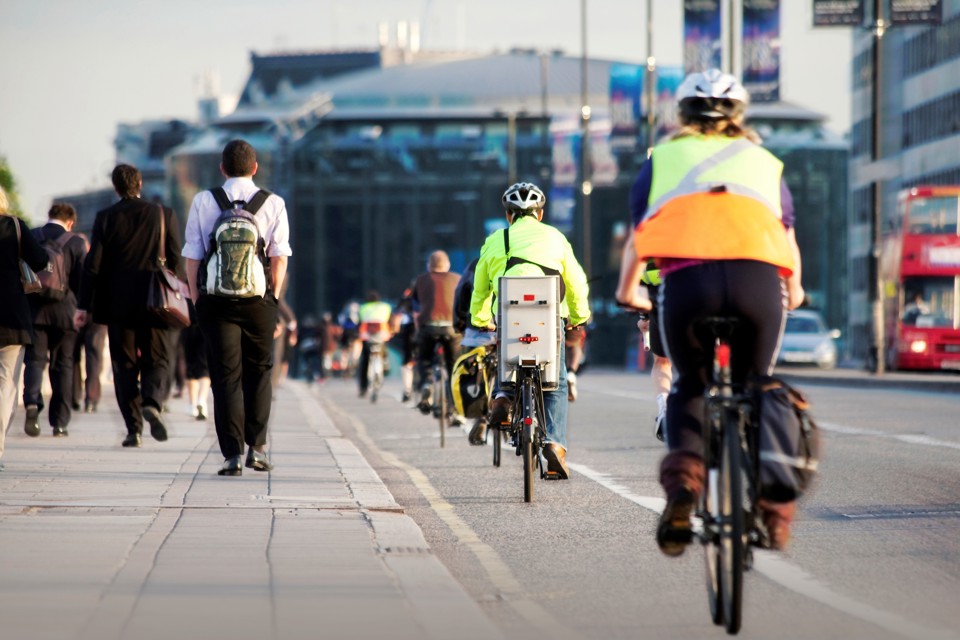






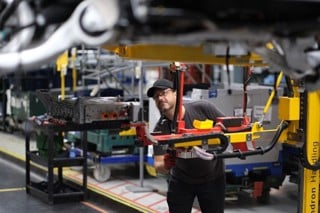
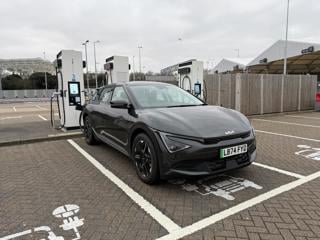
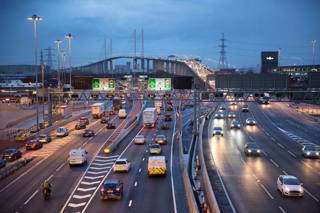











Login to comment
Comments
No comments have been made yet.